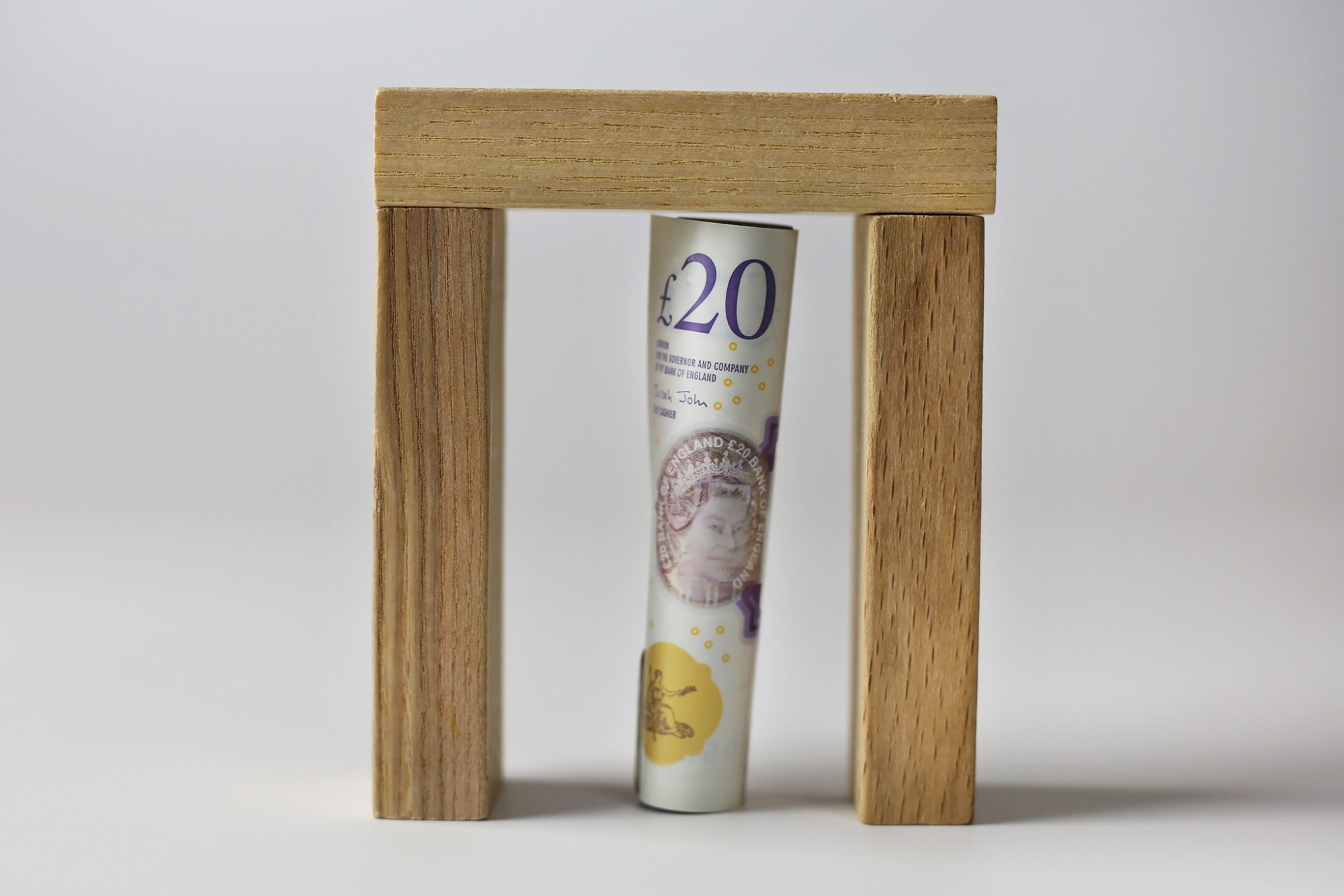
Get your landlord accounting basics right!
- Your first £1,000 of rental income is your Property Allowance, and you do not have to pay tax unless you claim allowable expenses on this amount.
- If you have earned rental income between £1,000 and £2,500, reach out to HMRC for advice on how to report it.
- If you have earned £10,000 and above before allowable expenses or between £2,500 and £9,999 after allowable expenses, you must submit your Self Assessment returns.
- The deadline for submitting your online Self Assessment tax return is midnight on January 31, the year after the one where you earned your taxable rental income.
How is the rental tax amount calculated?
- Annual taxable income up to £12,750 – none
- Taxable income of £12,751-£50,270 – 20%
- Taxable income of £50,271-£150,000 – 40%
- Taxable income of more than £150,000 – 45%
To work out the profit or loss for your property rental business, you must add together all the rent received. Next, add all allowable expenses. Subtract the total expenses from the total rent received. The result will be your taxable profit or allowable loss.
So, what allowable expenses can be claimed by landlords?
To claim allowable expenses, just add them to your Self Assessment tax return form along with details of your rental income. The HMRC will assess everything and tell you the net figure you owe as tax. Expenses that landlords can claim include:
- Insurance costs
- Letting agent fees
- Gardening and cleaning fees
- Bookkeeping/accountancy fees
- Ground rent and service charges
- Rental property maintenance and repairs
- Electricity, gas and water (if paid for by you)
- Redecorating the property between tenancies
- Cost of disposing of old appliances or furniture
- Legal fees (for properties being let for less than a year)
- Vehicle and fuel costs directly related to the property rental
- Direct costs of advertising to and communicating with new tenants
Expenses that you cannot claim include:
- Mortgage capital payments
- Replacing items like a burglar alarm or toilet if the replacement is of superior value – you can only claim “like for like.”
- The cost of improving the property by adding an extension counts as a capital improvement – if you sell the property later, you can claim capital expenses against your Capital Gains Tax (CGT).
- Any finance-related costs like mortgage arrangement fees or mortgage interest payments – instead, you get a 20% tax credit to cover these.
- Replacing furnishing, white goods or upholstery in a furnished or semi-furnished rental property – instead, you may be eligible for Replacement Domestic Items relief.
What happens if landlords make a loss on their rental income?
Ask any accountant for landlords and they will tell you that if you have made a loss on your rental income, you can carry it forward and set it against future profits from the same property rental business in the following tax year(s) or profits from your other properties. Please note that a rental income cannot be set against other income streams.
What if the landlords have undeclared rental income?
If you have earned some rental income that you have not yet reported through Self Assessment, you can share a voluntary disclosure with HMRC. You may have to pay the penalty, but it will be lower than if HMRC finds out you have an undeclared taxable income!
Save money for your landlord’s tax bill.
It is essential to have a projection of your tax bill so you can set aside money to pay for it at the end of the financial year. You must retain some of your rental income to pay for any tax owed – not all your rental income can be considered profit. The amount of tax you are supposed to pay will vary yearly. In some years, you may have very few costs, and then there will be some years when you will have to deal with substantial expenses.
What the Golding landlord accountants deliver
To thrive as a landlord and stay in the good books of the taxman, it is advisable to take the help of a qualified buy-to-let accountant like Golding. Whether you are a professional landlord with a well-established rental property business or just rent out your property as a side hustle, we can help you maximise your rental investment, ensure your tax liabilities remain less, and you meet all deadlines. Contact us for a quick consultation.





